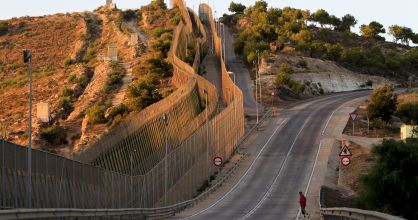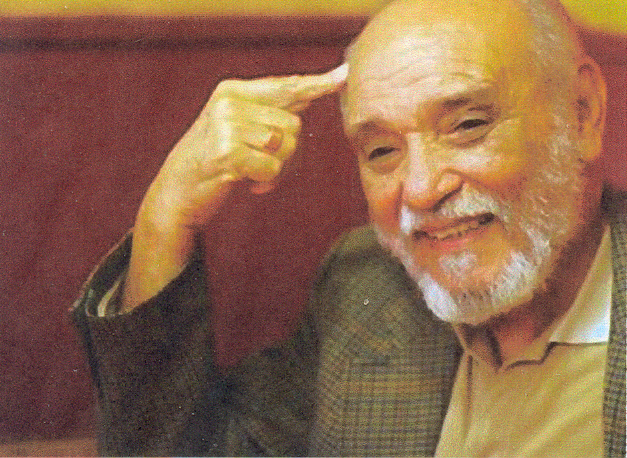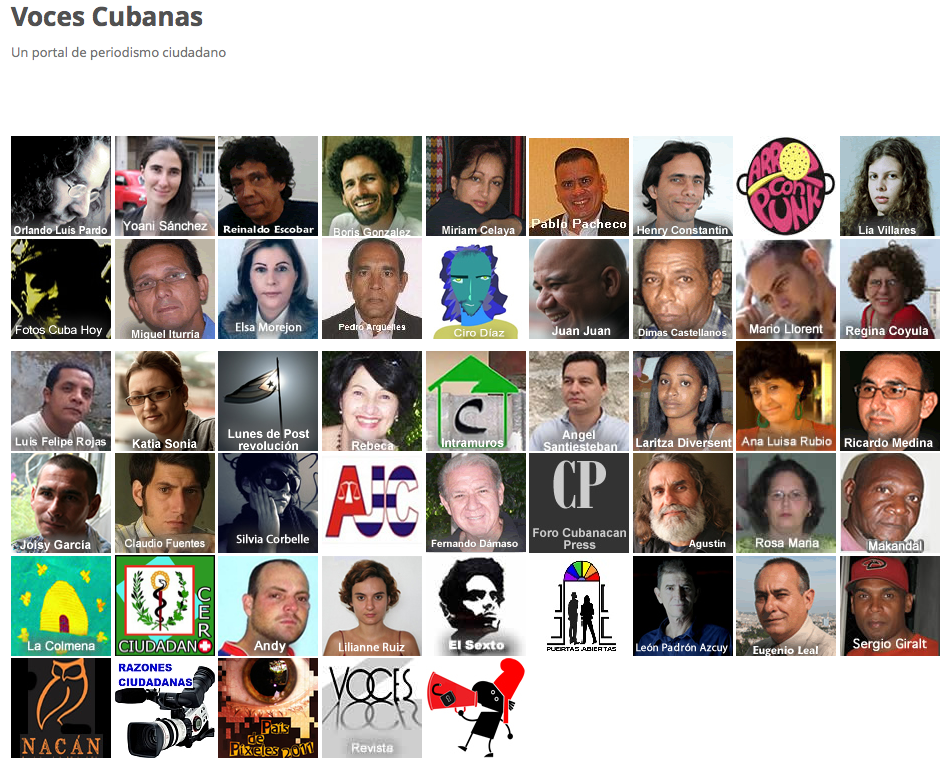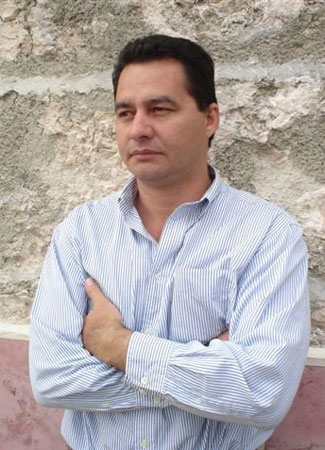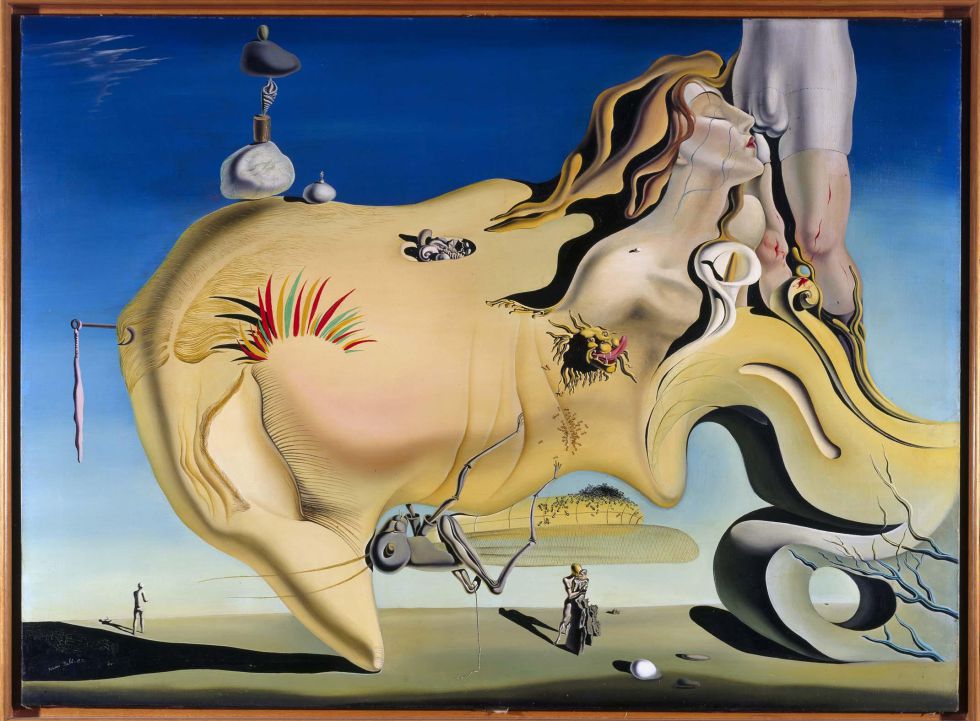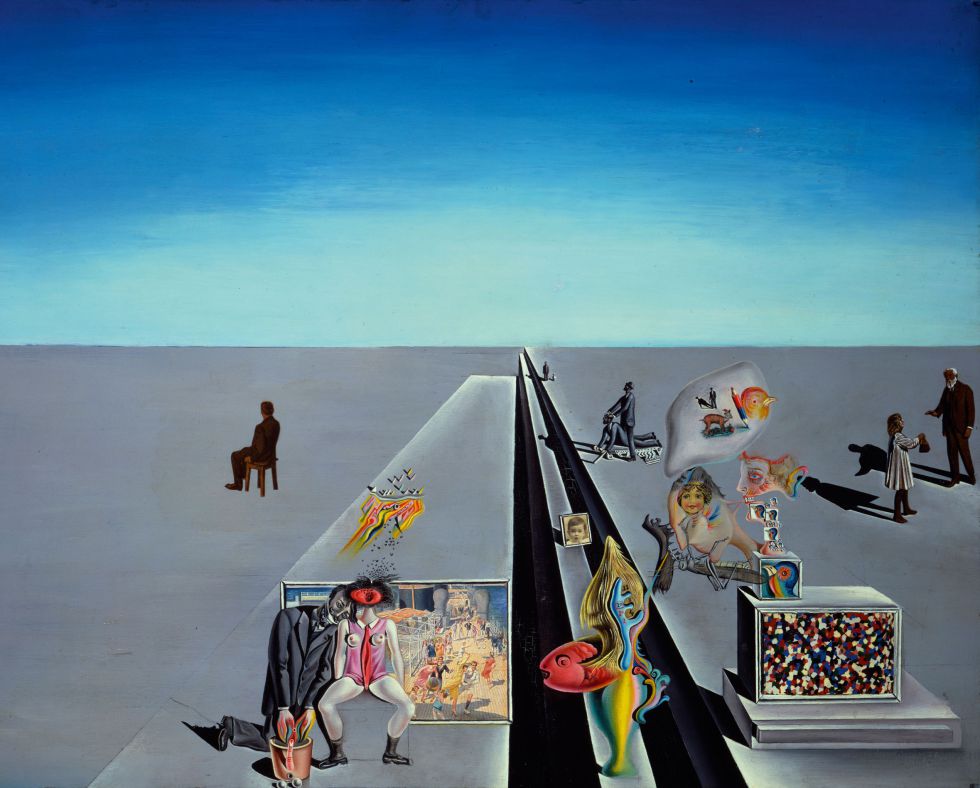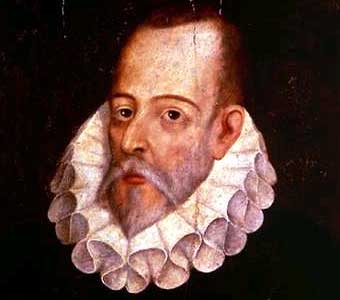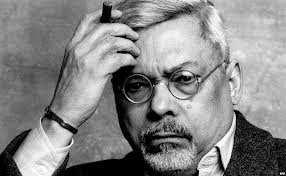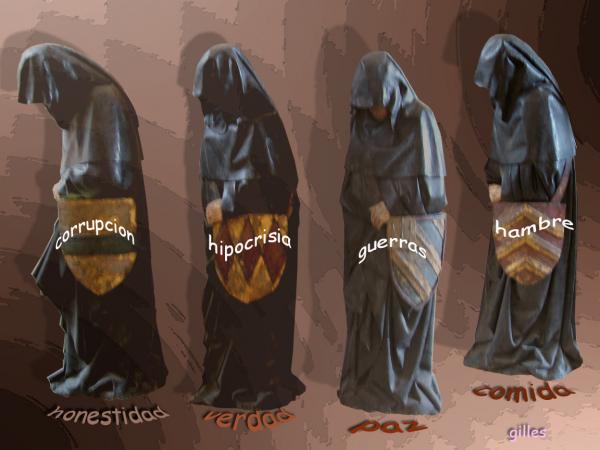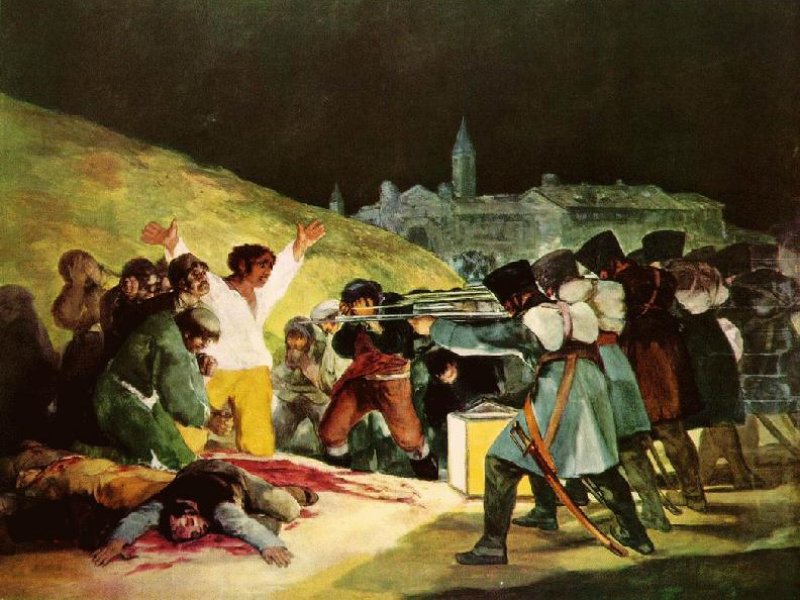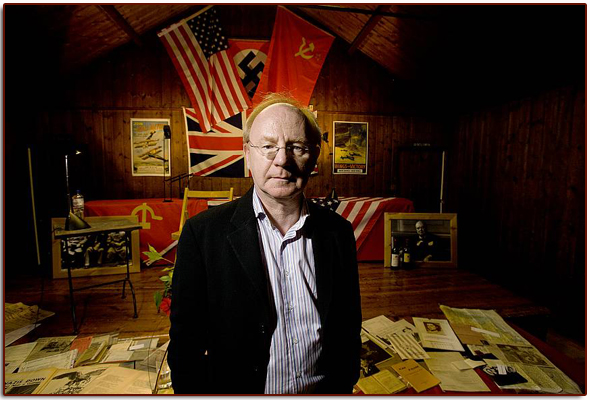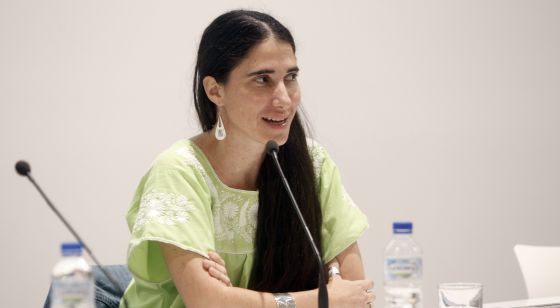Spies have always existed; what would secret services be without agents within the mafias? The terrorist gangs? The narco-guerrillas? The bank robbers and other groups who violate social norms and impose their interests on people and institutions? Don’t they watch governments and their ministers and generals? Doesn’t espionage exist between political parties? Does anyone believe that governments don’t “leak” and “process” — for their interests — the growing virtual media network used by millions of citizens every day?
The issue has come to the fore in the international press following the revelations of U.S. analyst Edward Snowden, who escaped with thousands of secret documents from New York to Shanghai and then to Russia, from where he tried to get political asylum in Ecuador, Venezuela or any other Latin American country where the transparency of information he requires is a chimera in the face of state authoritarianism and the fragility of the democratic system.
To escape and become a become a media star, the new “avenging hero” chose to create an image crisis for the United States and President Barack Obama. Snowden had a better civic alternative: giving up his job with the cyberpolice and denouncing, to the courts, how an agency of the federal government violates the information privacy of its citizens.
Maybe it’s too much to ask of a 29-year-old boy fascinated by the growing popular revolts shaking the institutional order from North Africa to Brazil. It may be attractive to dynamite the government apparatus instead of fighting to improve it. Are we looking at a civic hero or a traitor in service to countries like Russia, China, Iran or Venezuela? We still don’t know, but however imperfect but American democracy is much more transparent than that trumpeted by those seeking to benefit from computers and briefcases carried by Edward Snowden.
In times of social demands, discredited politicians and ministers, technological advances that position the citizen against the power of the state, the young American becomes the friendly face of challenge. What will happen? Will his revelations benefit the citizens or just pit the United States against the champions of oppression in Russia, China, Cuba or Venezuela?
For now, Edward Snowden, like Sergeant Bradley Manning — who leaked thousands of secret documents to Julian Assange, the Wikileaks leader now finding refuge in the Ecuadorean embassy in London — is revered as a hero by Noam Chomsky, Oliver Stone, Michael Moore, John Cusak and other Hollywood stars who alternate between artistic creation and defending caudillos such as F. Castro, the late Hugo Chavez and many snipers who despise democracy and deny their people freedom of speech, press and association.
5 July 2013


